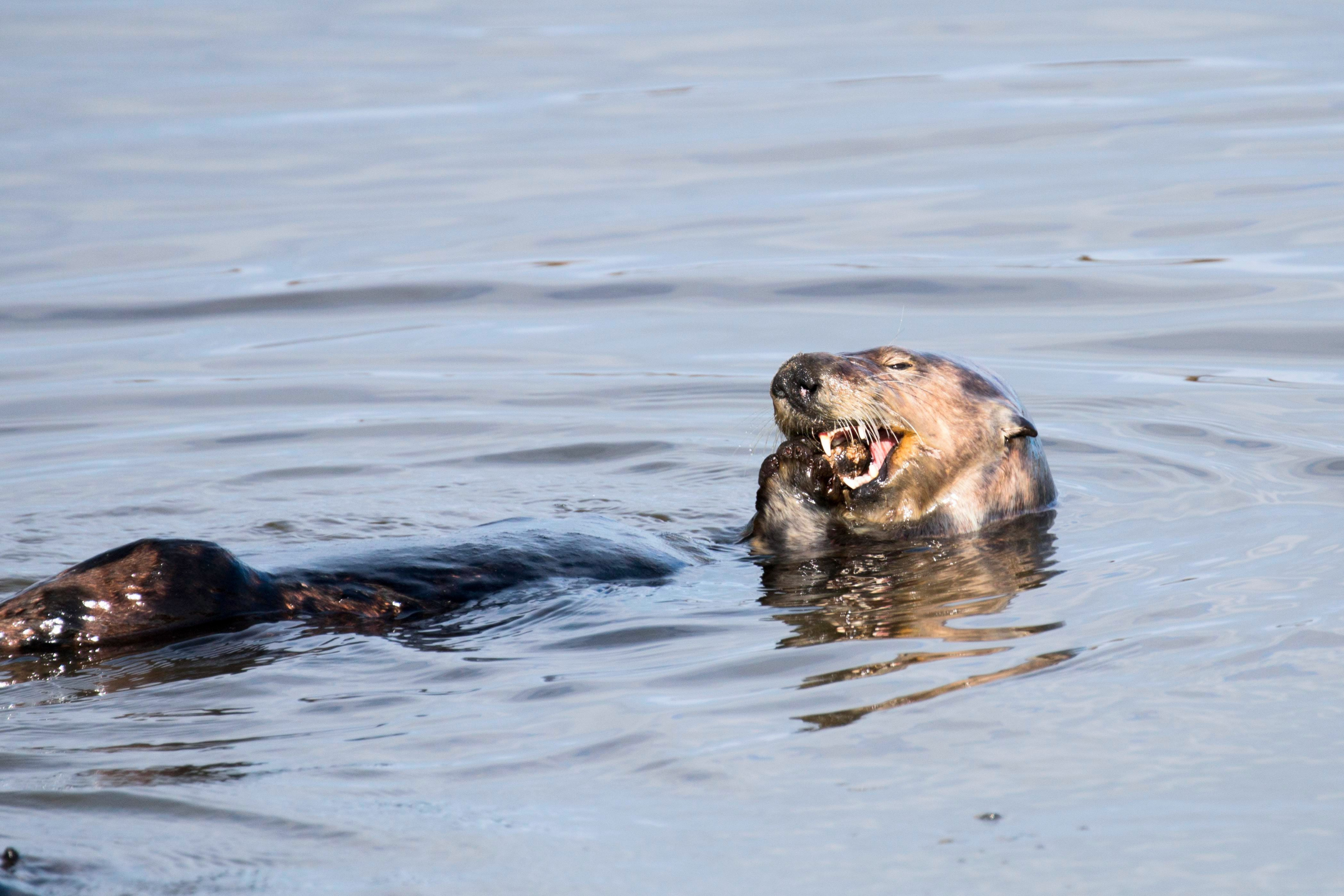News: Research
The Lesser of Two Weevils: Size Differences in Some Insects Lead to Tradeoffs in the Competition for Mates
The largest males have bigger weapons, but smaller males have other advantages.

For Rainforest Amphibians, the Bigger the Toes, the Higher They Go
In rainforests in Gabon, amphibians with larger toes relative to their body length are found higher in the forest canopy.

Targeted Grazing May Help Beat Invasive Buffelgrass
Researchers head to Kenya to unlock the weaknesses of invasive buffelgrass to combat it here in Texas.

Otters, Especially Females, Use Tools To Survive a Changing World
A new study has found that individual sea otters that use tools — most of whom are female — are able to eat larger prey and reduce tooth damage when their preferred prey becomes depleted.

Study Challenges Popular Concept of Spread of Cultural Innovations
Researchers find that Eurasia’s East-West orientation likely did not aid in cultural domination.

Red Flags: I’m Not the Bug for You!
The matador bug’s vibrant red hind-leg flags are neither a mating display nor a distraction tactic, they’re part of an elaborate defense strategy.

UT News
Surviving a Volcanic Supereruption May Have Facilitated Human Dispersal Out of Africa
Graduate students Jessica Valdes and Keenan Riordan were on a team that found humans may have dispersed during arid times along “blue highways.”

Why the Powerhouses of Cells Evolve Differently in Plants
New research solves a mystery as to why mitochondria in some plants evolve faster than others.

Climate Change and Habitat Loss Are Big Factors in Frog Pandemic
The worldwide decline in frog populations is due to a fast-spreading infection, but people also play a role.

Increased Use of Paxlovid Could Cut Hospitalizations, Deaths and Costs
Epidemiologists found that treating even 20% of symptomatic cases would save lives and improve public health.

